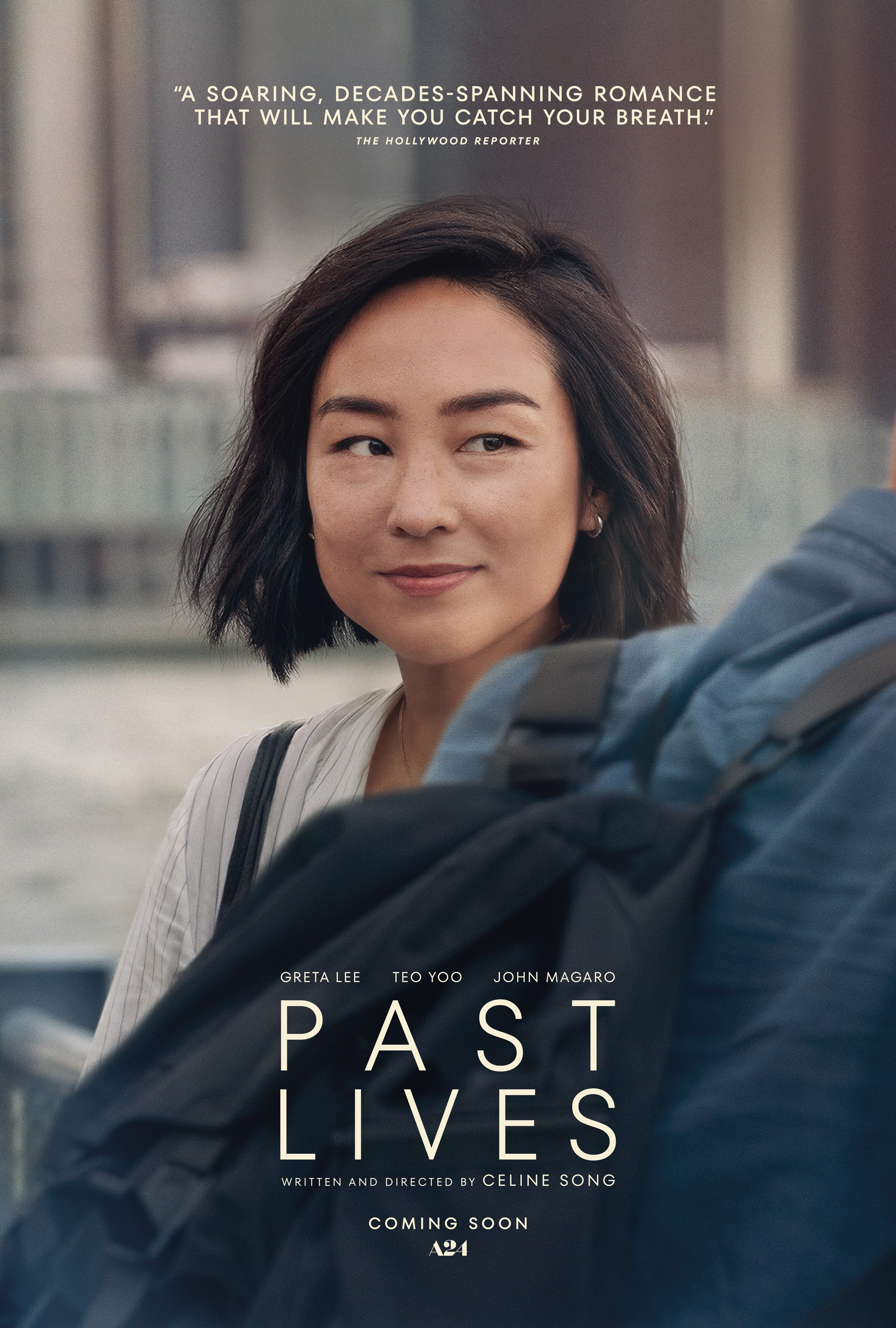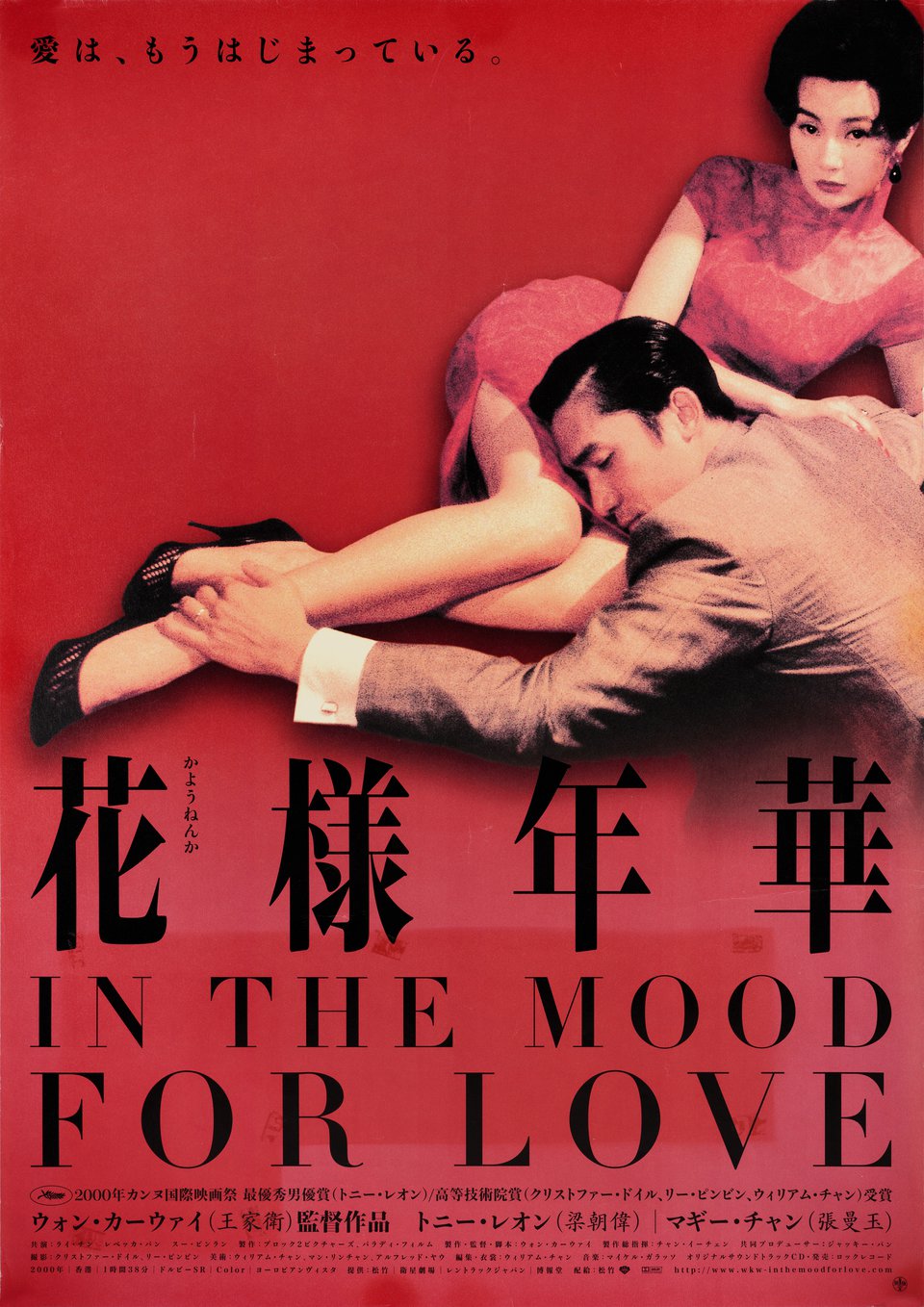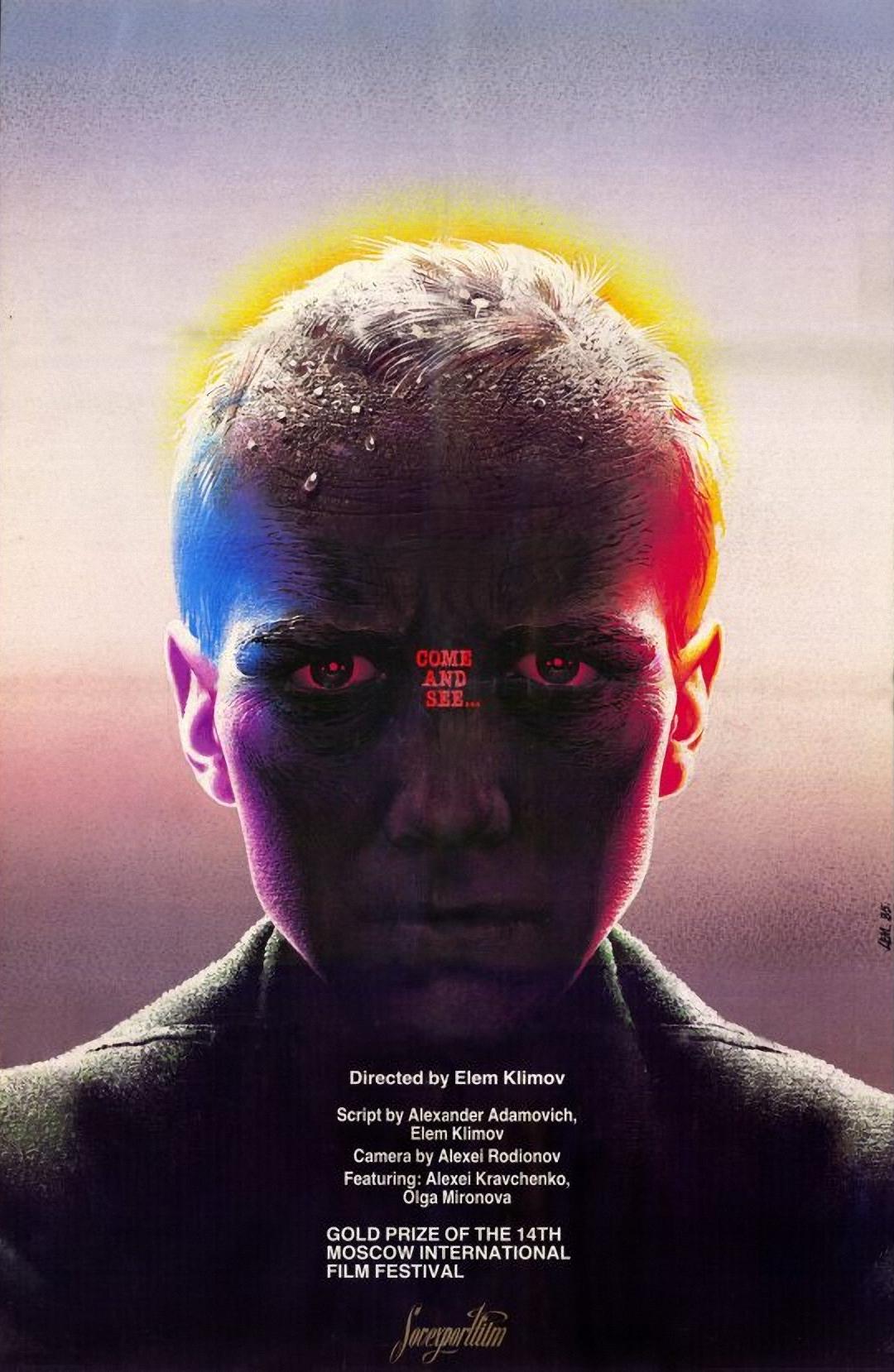past lives [watched 7 oct 2023]
toronto pearson shoutout at docfilms! turned my phone off and totally surrendered myself to the image here and was constantly in superposition between muffled sobs and full body chills. those unacquainted with the emotions on display here will write this off as a slow burn but i found this to be one of the most intense cinema experiences i’ve ever had (and note: you must see this in a cinema). this was strikingly beautiful both in narrative and audiovisual. the score had me tearing up less than 10 minutes in and shots of korean streets, nyc skyscrapers and even the backyard of that soulless residency had me gasping throughout (sorry isak).
a lot of the humor wasn’t for me, but that’s okay. this movie has the eeaao touch when it comes to this perfect interspersing of intense sorrow and juvenile comedy. the audience jumps between giggling and sniffles, and even still tone remains unwavering and effective. past lives suspends you in this fabric of pure and raw feeling - allowing you a quick laugh while keeping you under the weight of the most commonly felt yet soulcrushing experiences central to the human condition.
i have a difficult time letting movies emotionally impact me. i have difficulty crying in general. past lives takes no survivors. as i work on my next short film, i’ve been thinking about how people seem to just fade sometimes - in and out of our lives, propelled by forces that seem to lie outside of our comprehension. i don’t have any grand or profound explanation or thesis here, just the observation of this motion’s omnipresence. it stands next to death as one of the few things in this life that are both tragic and immutable. sometimes in-yun brings people back to you, sometimes it doesn’t.
past lives puts a mouthpiece to so many modes of human connection like these: as we trace the history of nora and hae sung, the viewer connects the dots from camaraderie to envy, envy to infatuation, infatuation to yearning, yearning to resentment, resentment to regret, regret to reconciliation and reconciliation to heartbreak. from missed connections to silent conversations to words that might’ve been better left unsaid, celine song shows us the ways in which we grow toward and apart from each other as humans and the inherent impossibleness of our feelings. sometimes the desires and struggles of characters are vocalized (nora’s husband’s jealousy, hae sung’s pain incited by his fondness for him, nora’s indecision), but more often than not celine song uses silence and character actions to convey what the three are feeling. and she doesn’t need to do otherwise: on the sole basis of the audience also being human, we know the emotions they go through all too well. the director reveals the universality of pure humanness by letting the audience live through each of the characters as we watch ourselves immediately pick up on each of the emotions the screen nudges us toward. she does this invisibly and yet effectively - a master of her craft and yet this is just her directorial debut. you’re made to empathize, but past lives doesn’t need to force you to - we immediately and wholly understand the feelings of the three because they so accurately represent those that all of us share.
past lives left me feeling empty. reconciliation does not always entail reunion. yearning does not always facilitate attaining. you won’t always get what you want. as nora bids his Uber farewell and returns home, i thought too much about how two people - both clearly in love with each other - can be situated in the same time and space and still be unable to coexist and just started crying.
and even still the greatest tragedy of past lives beyond failed love is how it will be received. those grappling with the fundamental impossibility of being a human who feels will find themselves represented; those unable to sink into the tension lying beneath and between every shot will walk out bored and unentertained. celine refuses to cater to the latter and makes peace with the knowledge that everyone eventually will see themself in nora, arthur, or hae sung within their lifetime.



